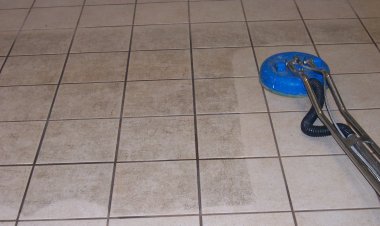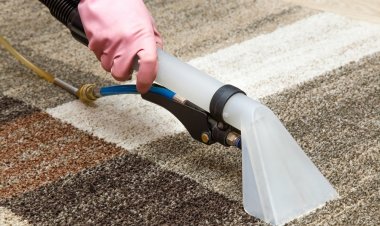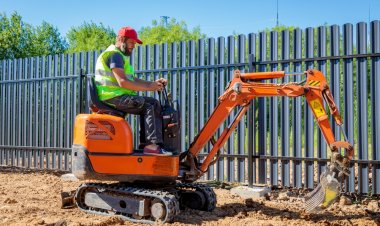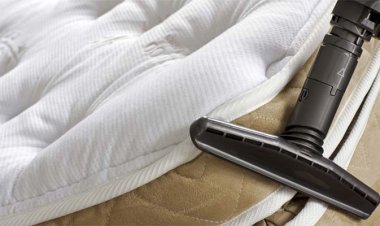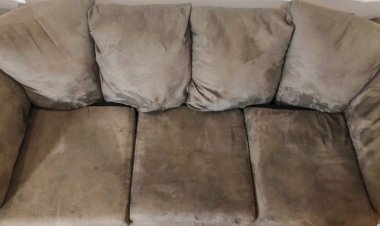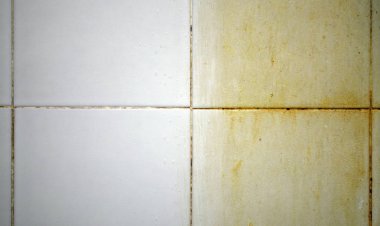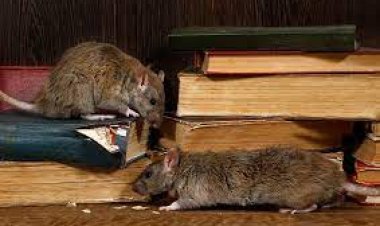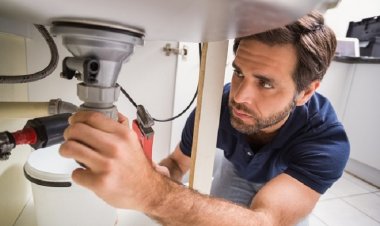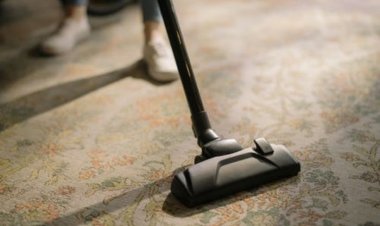7 Tips to Pest-Proof Your HVAC System
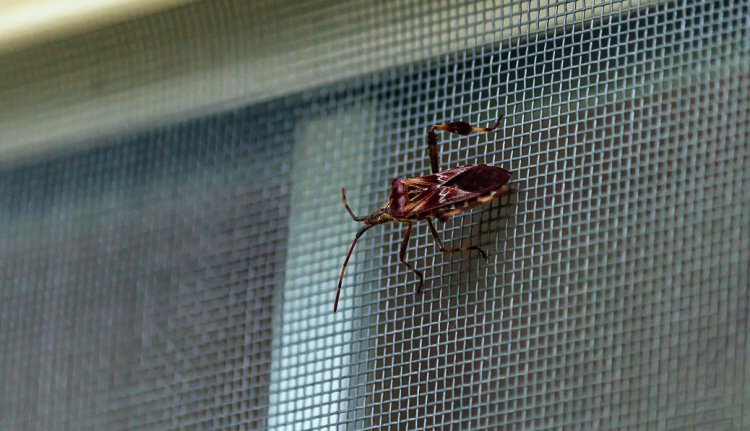
HVAC is heating, ventilation, and air conditioning. Residential and commercial buildings are heated and cooled by this system. With adequate ventilation, filtration, and thermal comfort, this system can maintain good indoor air quality.
Pests can hamper the functioning of HVAC systems and cause untidiness in your house or workplace. They can be in the form of mice, bugs, cockroaches, mites, flies, termites, spiders, centipedes, ants, etc. Any pests tend to be disturbing and harmful. You and your family can breathe contaminated air as most pests leave behind fecal matter and shed skin.
To ensure the proper working of the system, pest-proofing and Eco-friendly pest control Services are required. In this blog, we have come up with 7 Tips to Pest-Proof Your HVAC System. Read along and apply if your problems are the same.
The 7 best tips to pest-proof your HVAC system
Here are the best and most effective tips for pest-proofing your HVAC system:
1. Duct sealing -
Your HVAC system and the interior of your home or workplace may be infested with pests when your ductwork is riddled with holes and cracks. To keep pests out, you should seal off as many entry points as possible, no matter how small the hole or crack is. Set traps near ductwork for improved pest prevention.
2. Maintain cleanliness -
It's important to keep the area where HVAC units are placed clean and neat most of the time; otherwise, it can attract different pests. Do not throw away food randomly near the HVAC system; rodents, mice, ants, and bugs follow the path to the food and contaminate the HVAC system. Maintaining cleanliness is another method of keeping pests at bay.
3. Timely inspection –
Get your HVAC system checked from time to time. Otherwise, pests may remain in the system for a long time without you knowing about them. At least thrice a year, your HVAC system must be checked and repaired. You can call a professional for help. The technician will not only tell you what steps you need to take to rid yourself of the infestation but also tighten your ductwork and repair your system to help prevent a recurrence.
4. Use vent covers -
Prevent pests from entering your home or business by covering intake and exhaust vents and exterior flues. The covers must be attached tightly and can't be removed by rats, birds, or other small animals. Seal the vents to avoid pests entering the HVAC system and hampering its working procedure.
5. Pest waste must be removed –
The existing pest waste should be cleaned so that no more pests get born and contaminate the HVAC system. The removal of pest waste will also significantly improve air quality in the home and prevent disease outbreaks. As soon as you remove this evidence, subsequent pests will believe that the area is also their home and may decide to make it theirs. This can also facilitate termite activity.
6. Keep the condenser protected –
Check for any signs of feces, urination, or food waste. Keep the area around the exterior of the HVAC system and interior clean. The condenser must be protected, or else the machine won't work effectively. Identify ant mounds as soon as they appear. Do contact a serviceman if you see any sort of anthill near your condenser.
7. Keep the environment dry -
You have a significantly lower likelihood of having bugs infest your HVAC system if your property is not too humid. Animals such as mice, snakes, cockroaches, rats, and other critters can be drawn to standing or dripping water. Make sure any puddles of condensation or rain near the unit are cleaned up.
Wrapping it up:
Taking care of pest-proofing now will save you from various uncovered repair issues in the future. Pests can be a serious issue. Call for pest control once you identify that the pests are capturing your HVAC system. This helps you get a properly working machine and fresh air from your system. The goal of pest control is to remove unwanted pests from your home and create a better and healthy life, as pests can be too harmful. A pest control service protects against insects that can cause property damage and public health problems. Hence, get your home and HVAC system eradicated from harmful pests.
Read More: What Is The Best Way To Get Rid Of Pests In Your Home.

 drseervi
drseervi 






